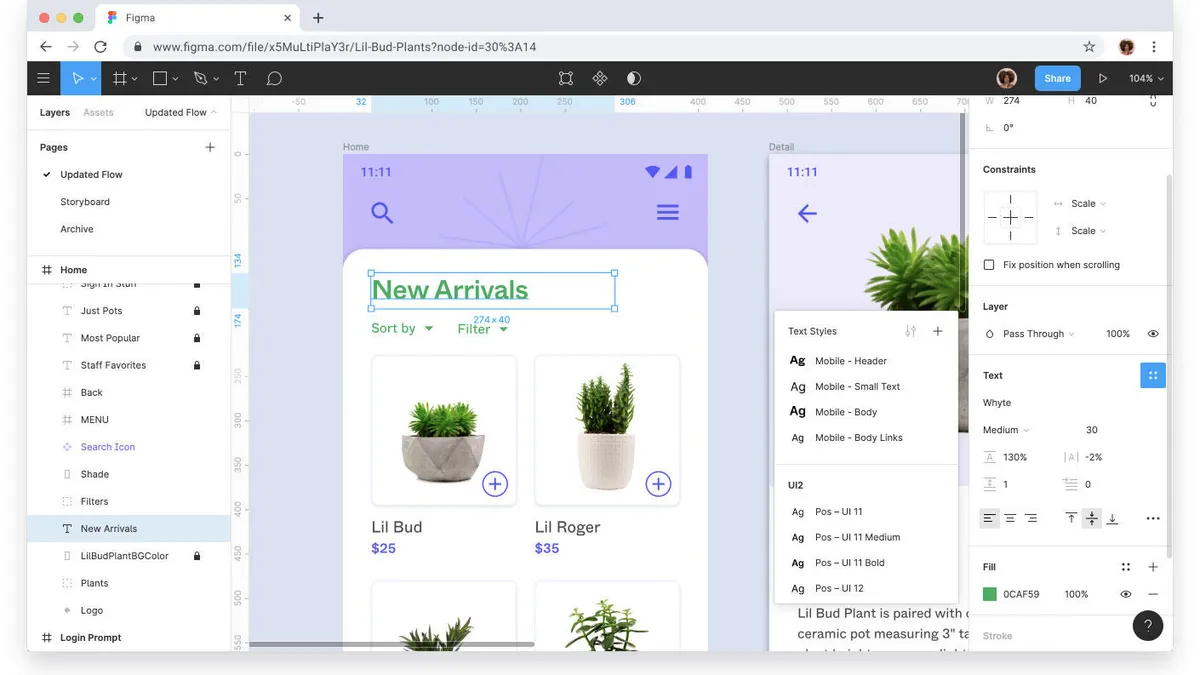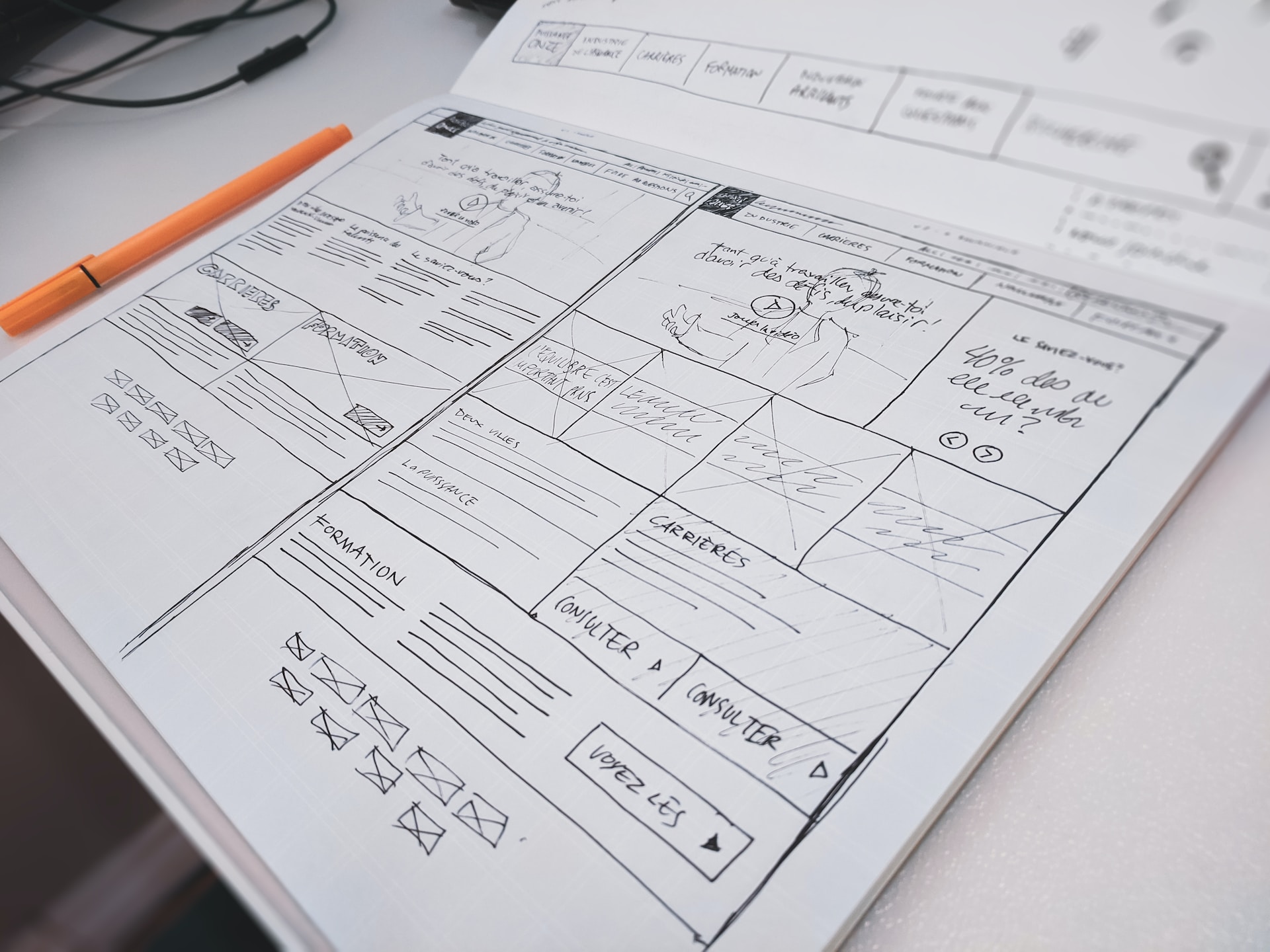In the world of user interface (UI) design, having the right tools can significantly enhance your creative process and workflow. One such tool that has gained immense popularity among designers is Figma.
First of all, what is Figma?
Figma is a cloud-based design and prototyping tool that allows designers to collaborate in real time. It provides a platform for creating, editing, and sharing UI designs, wireframes, and interactive prototypes. Figma’s cloud-based nature makes it highly accessible, allowing designers to work seamlessly across different devices and collaborate with team members or clients regardless of their geographical location.

Industry Usage and Facts about Figma
Figma has gained significant traction in the design industry, with numerous companies and design teams embracing it as their go-to tool. Here are some facts about Figma’s industry usage:
Wide Adoption: Figma has gained widespread adoption among design professionals and teams, from startups to large enterprises. It is trusted by renowned companies such as Airbnb, Uber, Microsoft, and Slack, demonstrating its versatility and reliability as a design tool.
Real-time Collaboration: Figma’s real-time collaboration capabilities have transformed the way designers work together. Multiple designers can simultaneously edit a design file, provide feedback, and collaborate in real time, streamlining the design process and fostering efficient teamwork.
Cross-platform Accessibility: Figma’s cloud-based nature allows designers to access and work on their design files from various platforms, including Mac, Windows, and Linux. This flexibility enables designers to seamlessly switch between devices and continue their work without disruption.
Design System Integration: Figma allows designers to create and maintain design systems, which serve as a centralized repository of reusable components, styles, and guidelines. This feature promotes consistency, efficiency, and scalability in design workflows.
Types of Designers Who Use Figma
Figma caters to a wide range of design disciplines and is particularly popular among UI/UX designers, product designers, and design teams. These professionals leverage Figma’s features and collaborative capabilities to streamline their design process, iterate designs effectively, and ensure alignment among team members.
Why Take a Figma Course?
Taking a Figma course can offer several benefits, regardless of your level of experience. Here’s why a Figma course may be useful:
Mastering Figma’s Features: A Figma design course provides a structured learning experience that guides you through the various features and functionalities of the tool. From the basics to advanced techniques, you’ll gain comprehensive knowledge and proficiency in utilizing Figma to its fullest potential.
Efficient Workflow: Learning from experts in a Figma design course helps you discover tips, tricks, and best practices for optimizing your design workflow. You’ll learn how to create reusable components, collaborate effectively with team members, and leverage Figma’s features to streamline your design process.
Collaboration and Prototyping: Figma excels in its collaborative and prototyping capabilities. By taking a course, you’ll learn how to leverage these features to collaborate seamlessly with other designers, stakeholders, and clients. You’ll also gain insights into creating interactive prototypes that bring your designs to life and facilitate user testing.
The Need to Stay Up to Date with Figma and Changes
In the fast-paced world of design, it’s essential to stay up to date with the tools and technologies you use. Figma regularly introduces updates, new features, and enhancements to improve the user experience and cater to evolving design needs. Staying informed about these changes ensures that you leverage the latest capabilities, maintain efficiency in your workflow, and remain competitive in the industry.
Figma has established itself as a leading design and prototyping tool, empowering designers to create stunning user interfaces and collaborate seamlessly. Its real-time collaboration, cross-platform accessibility, and design system integration make it a preferred choice for design teams across various industries.
By taking a Figma UX UI design course, you can enhance your skills, master the tool’s features, and optimise your design workflow. Moreover, staying up to date with Figma and its changes ensures that you harness its full potential and maintain your edge as a UI designer. So, embark on your journey with Figma, explore its capabilities, and elevate your UI design skills to new heights.


















